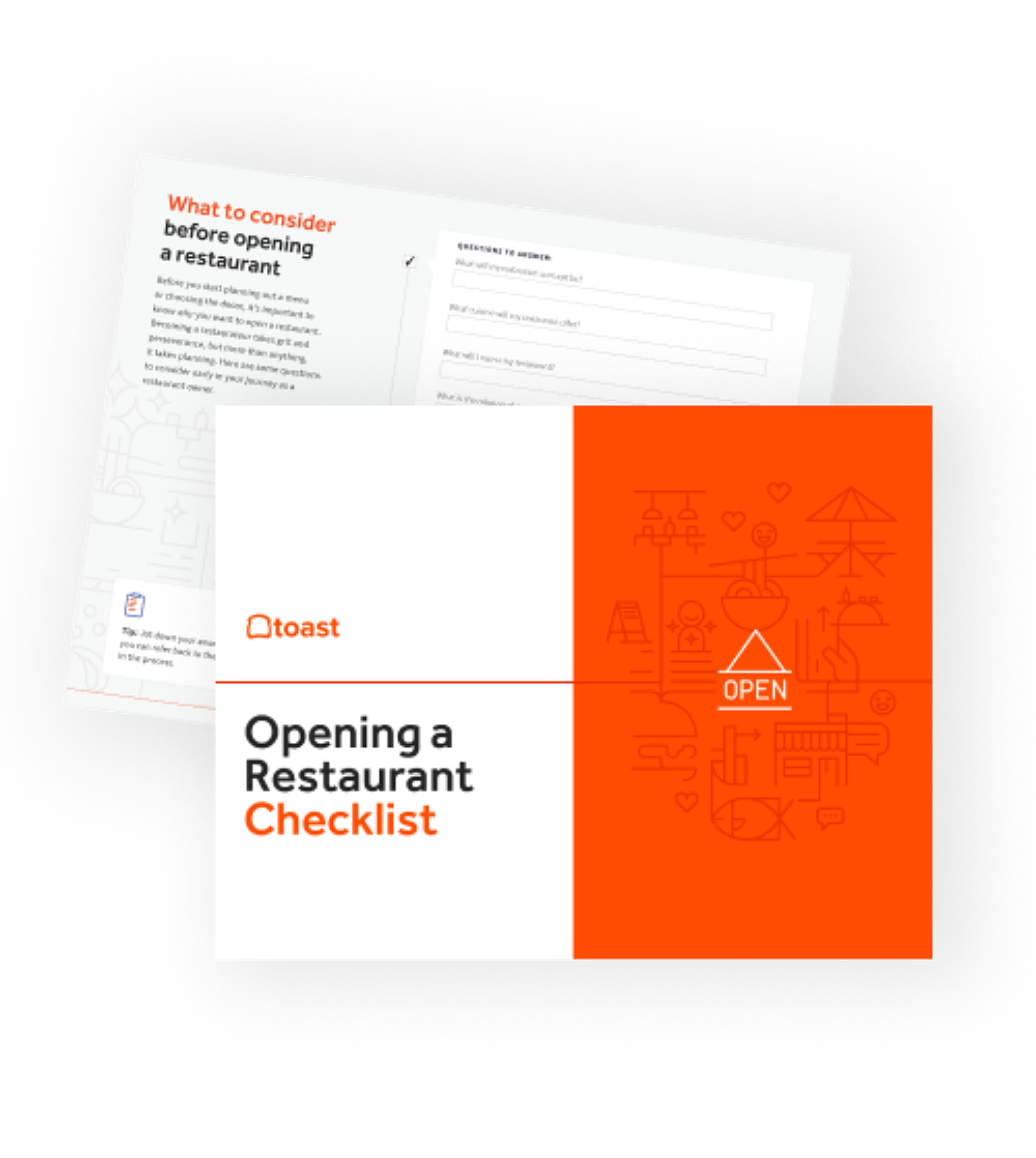A paladar is a small, family-owned restaurant. Learn about the history of and how to start a paladar, as well as what kind of food and atmosphere this type of restaurant offers.
What is a Paladar?
A paladar refers to a small, family-owned restaurant. It is a common word in Cuba used to describe family-owned restaurants where traditional, homemade local foods are served. In Cuba, many restaurants are government-owned, so a paladar is the direct opposite of such businesses – they are completely self-owned by an individual.
What is the history of the Paladar?
The term ‘paladar’ is Spanish, meaning “palate.” The name grew in popularity to describe a local business because of a popular soap opera in Brazil, Vale Tudo, which broadcasted in Cuba during the early 1990s. In the show, the main character runs a restaurant called Paladar. It became a popular term in Cuban culture for small business owners because, at the same time the show aired, Cuba began issuing licenses for self-employment for the first time. As a result, new small business owners referred to their family-owned restaurants as a paladar.
How do you start a Paladar?
Since a paladar is essentially a small restaurant concept, to start one, you will first need to write a business plan. Alternatively, if you follow the historical tradition of opening a paladar, you can start your business out of your home, depending on your local cottage food laws and health code regulations.
Moreover, a paladar is usually a laid-back, unassuming space with a friendly atmosphere, so if you want to start one, you should mimic the feel of your own home, or at least look for a small space in a neighborhood or community that would welcome you as a small business establishment.
How much does it cost to start a Paladar?
Typically, the average price per square foot is between $100 and $800 with the median at $450 so the costs will greatly depend on the size of your business. Restaurant startup costs can vary based on location, local rent prices, whether you have furniture and seating, renovation needs, and more. The average cost to open a restaurant can range from $100,000 to $2 million.
Since a paladar is typically a small space, you should be able to lower your initial costs depending on the size, location, and whether you are buying or leasing, or operating out of your home. You can keep the cost of starting your paladar down if you follow the traditional business plan of simply selling out of your home.
What are the most popular types of Paladar restaurants?
The most popular paladar restaurants are ones that are unassuming and offer homemade, local fares. Typically, in Cuba, a paladar might be in someone’s home, and if it isn’t, the owner still treats it as such. That being said, what makes a paladar popular is due to the owner and the pride they put into the design of their menu, the care and quality of their food, and the atmosphere their personality creates.
Is this article helpful?
DISCLAIMER: This information is provided for general informational purposes only, and publication does not constitute an endorsement. Toast does not warrant the accuracy or completeness of any information, text, graphics, links, or other items contained within this content. Toast does not guarantee you will achieve any specific results if you follow any advice herein. It may be advisable for you to consult with a professional such as a lawyer, accountant, or business advisor for advice specific to your situation.
